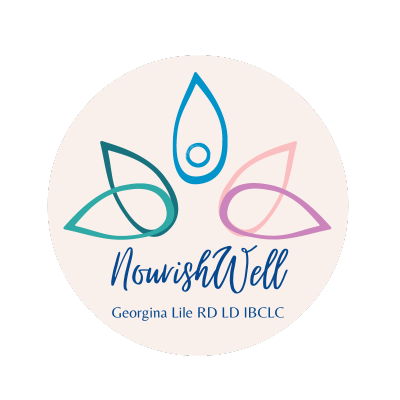When to Contact a Lactation Consultant
Breastfeeding is so natural, right? We hear about all of the amazing benefits for both mom and baby. It’s supposed to be a beautiful process, all bonding and smiles. The reality is that it can be super challenging in the first few weeks. Ninety percent of new moms have breastfeeding problems in the first few weeks. The good news is that there is help for these problems. All breastfeeding problems have solutions. It’s a matter of getting the right support. Internationally Board Certified Lactation Consultants are well trained and ready to help you meet your feeding goals.
There are lots of different kinds of breastfeeding helpers. The gold standard in breastfeeding help is the Internationally Board Certified Lactation Consultant (IBCLC). The IBCLC has been completed a rigorous credentialing process that requires at least 8 health science college courses, 90 hours of lactation education and 1000 hours of supervised clinical experience with breastfeeding mothers and babies before sitting for the exam. Thereafter, they must complete 15 continuing education hours per year to maintain credentials.
It’s a good idea to meet with an IBCLC before you have your baby. IBCLCs can provide one-on-one breastfeeding consults. Learning as much as you can about breastfeeding and establishing a relationship with an IBCLC prenatally can set you up for successful breastfeeding. You’ll know how to get started and have a support system in place if there are problems. You’ll get personalized advice and form a customized plan during a prenatal visit with an IBCLC.
Most hospitals have IBCLC’s in place to help after delivery. It’s a good idea to consult while you are in the hospital even if things seem like they are going well. There are lactation consultants like myself that do home visits. Lots of moms do well in the hospital and then have issues when they get home. IBCLC’s can come to your home for consultations and follow up at a time that is convenient for you and baby.
Reasons to consult with an IBCLC:
Breastfeeding Classes
Learn to maximize milk supply
Exclusively Pumping
Sore or Damaged Nipples
Breast Pain / Plugged Ducts / Mastitis
Low Supply / Oversupply
Unable to Latch / Poor Latch
Sleepy Infant
Poor Weight Gain
Previous Breast Surgery
Reassurance
Many insurance companies provide at least some coverage for a visit with an IBCLC. Check with your insurance company. Check with your insurance company to see if they have an IBCLC in your network. You can also check with Lactation Network to find a local IBCLC that takes some BCBS, Cigna or United PPO plans. If you cannot find an IBCLC that accepts your insurance, find one that can provide you with a “superbill” which you can submit to your insurance company for possible reimbursement.
If you are ready to schedule a home visit, contact me at 816-812-5396.
